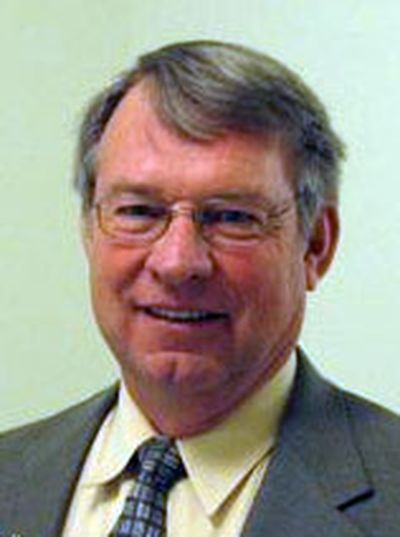House panel approves rule to prevent citizens from filing ethics complaints against lawmakers

BOISE – Idaho residents would be barred from filing ethics complaints against state lawmakers under legislation that won the approval of a key House committee Tuesday.
The new restriction, part of a series of proposed changes that include a new violation of “conduct unbecoming a House member,” is awaiting a final vote before the full House, which has grappled for a year with various ethics complaints against state Rep. Phil Hart, R-Athol.
This year, the House received two ethics complaints from citizens. One, from Hayden businessman Howard Griffiths, who launched a write-in campaign against Hart last fall, targeted Hart; the other, from Hart supporter Larry Spencer, was against Rep. Eric Anderson, R-Priest Lake, who had filed an ethics complaint against Hart. Both citizen complaints were found to be without basis and frivolous.
“I think that those were both political, and that’s one of the things I would like to stop with this,” said Idaho House Speaker Lawerence Denney. “If there’s a legitimate ethics complaint, I think we’re going to be the first ones that want to prosecute it.” Plus, he said if he received a legitimate ethics complaint from someone outside the House, he’d file it himself.
The existing House ethics rule had been interpreted by the Idaho attorney general’s office as allowing only complaints from members already. Denney noted that the Senate’s rule is similar.
The proposed rule change also “clarifies some of the things that we need to take care of so that everyone is treated fairly,” Denney told the House State Affairs Committee.
It gives the target of a complaint the opportunity to write a written response, which already has been the practice; requires complaints to be kept confidential until the Ethics Committee has found probable cause to look into them, which is a change from current practice; and requires the Ethics Committee to meet in executive session until it has found probable cause, at which point the process would become open.
The change also adds a provision, which Denney said was added in consultation with House Minority Leader John Rusche, D-Lewiston, to cover ethics violations for “conduct unbecoming a member of the House.”
Rusche said that’s an important change. “Ethics proceedings are not criminal proceedings,” he said. “The purpose of an ethics committee is to protect the integrity of the Legislature and of the legislative process.”
That means some conduct that might not be illegal could still fall under its purview, he said.
The special House Ethics Committee ended up dismissing all the ethics complaints it received this year – including three against Hart – but voted unanimously to recommend his removal from the House tax committee while he presses his personal fights against back state and federal income taxes. Last week the committee dropped Anderson’s complaint in exchange for Hart’s voluntary agreement to give up the vice-chairmanship of the House Transportation Committee, from which the panel was considering removing him.
Anderson’s complaint charged that Hart violated his oath of office by fighting payment of his state and federal income taxes, which he contends are unconstitutional; by repeatedly citing legislative privilege to win delays in his personal tax fights; and by illegally logging state school endowment land in 1996 to build his log home in Athol and never paying an outstanding judgment in the case.
Hart last week apologized to the House.